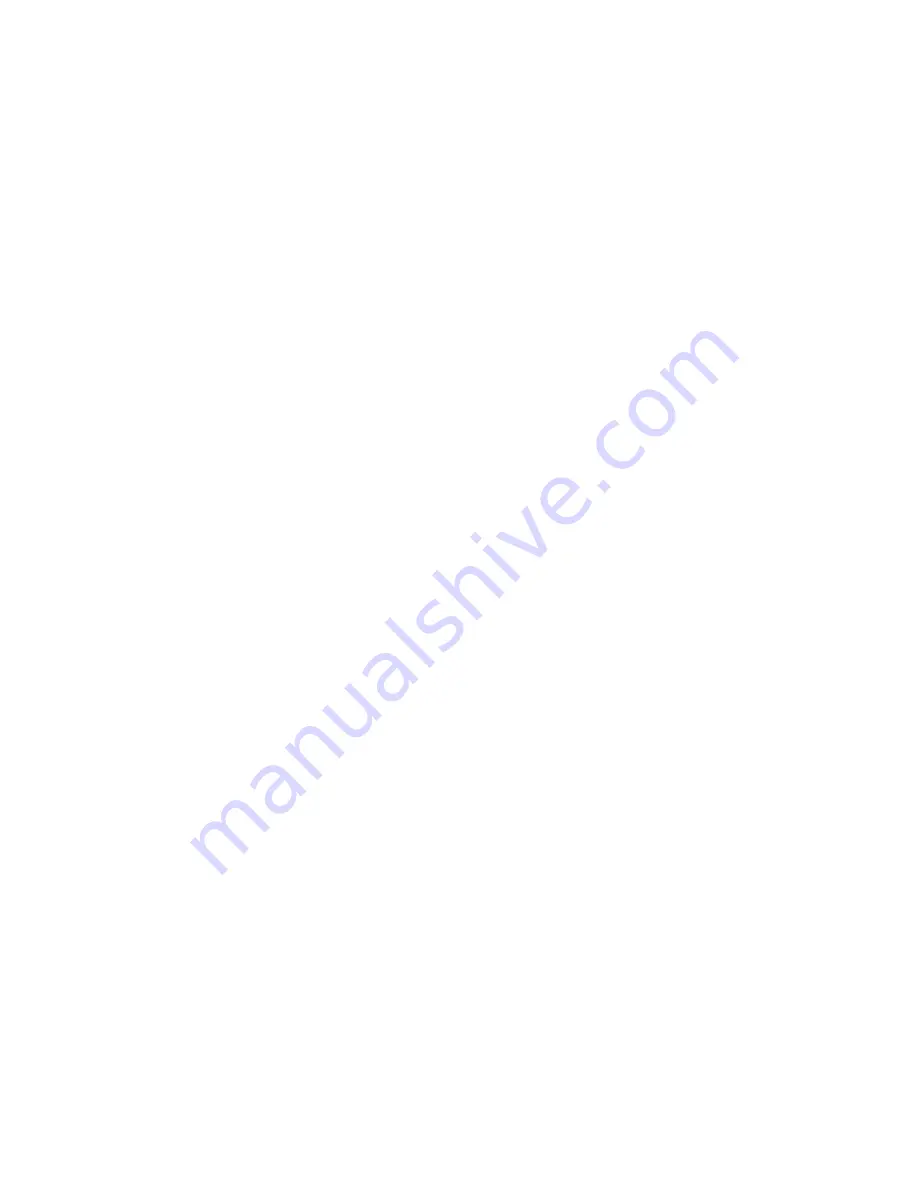
WiseScript Package Editor Reference
210
Creating Custom Dialog Boxes
Auto HScroll
Mark this to scroll the text if it extends past the right edge of the edit field.
Auto VScroll
Mark this to scroll the text if it extends past the bottom of the edit field.
Multi-line
Mark this to allow multiple lines of text to be entered into the edit field.
Password
Mark this if entered text should display as asterisks (*), providing password
security.
No Hide Sel
Normally, text highlighting is hidden when the dialog box loses focus. Mark this
check box to suppress the hiding of highlighting.
Want Return
Mark this to let the end user advance to the next line with the Enter key. This
option must be used with the Multi-line option.
Border
Mark this to include a border around the edit field.
Uppercase / Lowercase
Mark one of these check boxes to convert all entered characters to a different
case.
Read Only
Mark this to prevent end users from entering data into the field.
Tab Stop
Mark this to let end users use the Tab key to give focus to this field. Make sure
this is marked for input fields.
RichEdit
Mark this to support rich text objects (example: formatted text, bold, italic, font
size variations, and colors). This causes rich text files to display properly.
Read Default Text from File
Enter the path of a text file. This path should be relative. Use variable
substitution (example: %MAINDIR% to refer to the destination directory) to
begin the path. The file contents are displayed in this field.
Min. Length / Max. Length
Enter the minimum or maximum allowed number of characters for text entered
in this field. To make the field optional, set the minimum length to zero.
Directory
Mark this to remove trailing backslashes from the text before it is placed in the
variable.
Confirm If Exists
Mark this to prompt for confirmation if the path that the end user enters already
exists on the destination computer. Clear this check box to prevent the “This
directory already exists” message from appearing.
X-Position / Y-Position
Specify the exact location of the control on the dialog box. You can also use the
alignment commands to precisely arrange controls on the dialog box.
See
Aligning and Spacing Dialog Box Controls
on page 222.
















































